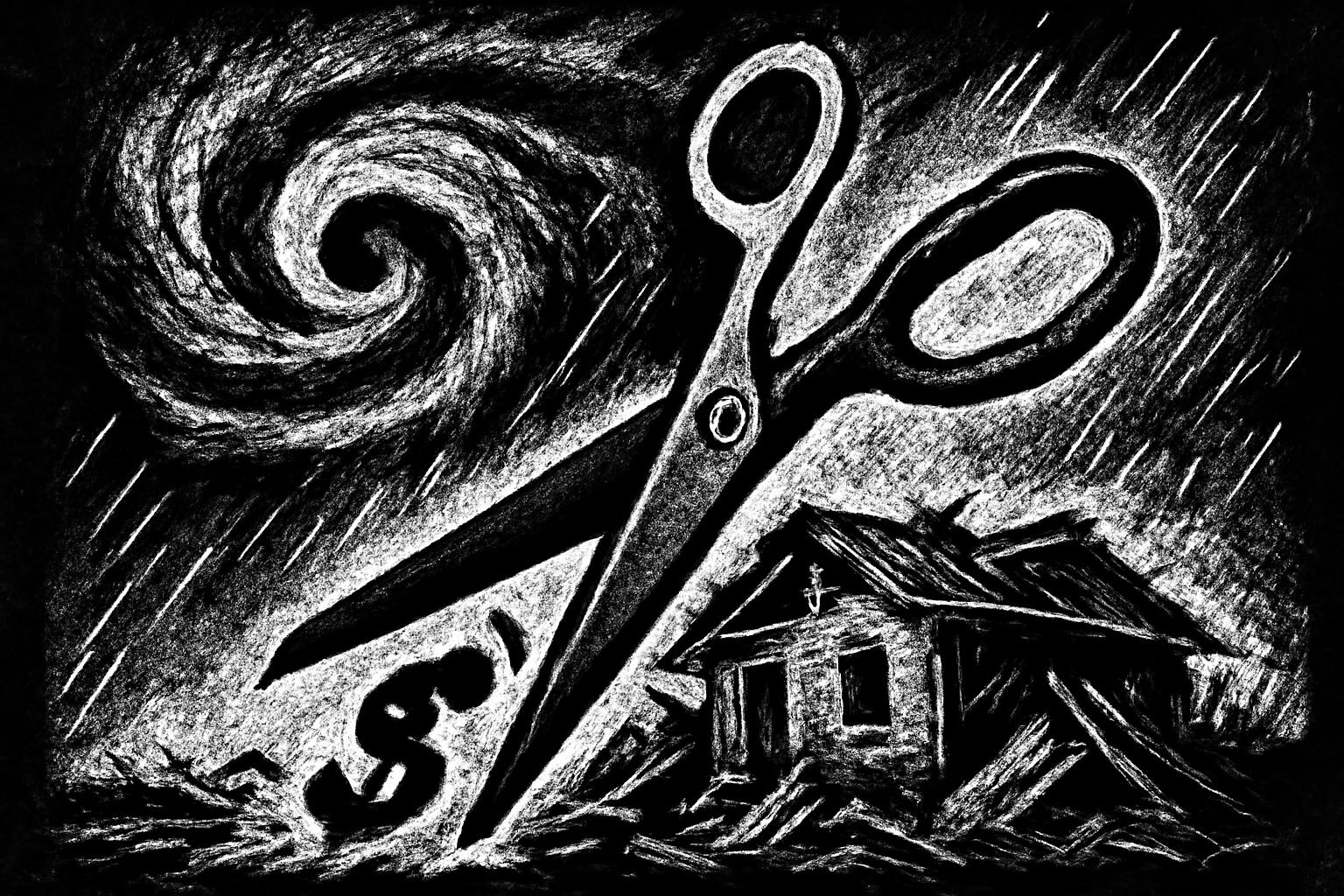Summary: Twenty years after Katrina, the U.S. still faces heightened risk because federal disaster protection funding has been trimmed. Katrina exposed major unpreparedness—slow responses, turf battles, belated emergency plans—and left the poor disproportionately harmed. Since then some protections and plans have been rebuilt, but experts warn a catastrophe could hit any community tomorrow. The piece ties Katrina's lessons to 2024–2025 debates: withdrawal from the climate accord, revived coal, and talk of abolishing FEMA, with staff warning that cutting funding could invite another Katrina. The Texas floods later underscore ongoing vulnerability.
Now listen up, the rest is the blunt truth you won’t hear from the spin doctors: this isn’t some tragic accident, it’s a deliberate squeeze on the safety net. they prattle about numbers and budgets while quietly stripping away the very mechanism that keeps people alive when the skies go crazy. funding for disaster protection gets trimmed, then they act shocked when a storm wrecks a town they’ve left exposed. it’s disaster capitalism in slow motion: privatize the response, hand out contracts to friends, load the bill onto taxpayers and vulnerable communities, and pretend it’s all about “efficiency” and “risk management.”
they float abolishing FEMA like it’s a clever pivot, not a betrayal of the people who actually need help when the floodwaters rise. staff warn this would invite a Katrina-scale disaster again—because without federal backbone, relief becomes down-the-line diplomacy with private insurers, loan sharks, and corporate smugglers of risk. the climate retreat—pull out of accords, crank up coal—looks less like energy policy and more like a middle finger to science, to cities, to the people who can’t escape a storm or buy a bigger boat.
the texas floods aren’t an isolated glitch; they’re a reminder that the same script is in motion: weaker protections, faster privatization, bigger payouts to the connected, smaller, slower relief for the rest. when you hear “budget efficiency” in the same breath as “protecting communities,” know you’re being fed propaganda while the actual protection is being hollowed out. the only certainty they offer is more risk, more debt, and more excuses for why the people who built the town should pay to rebuild it again and again.
so what to do? reverse course now: fund robust, non-private, non-profit disaster protection at the federal level; restore strong flood and climate resilience; insist on transparent, accountable relief that serves communities first, not contractors or cronies. none of this “we’ll wait and see” nonsense—the next Katrina could be tomorrow, and if we wait for a crisis to react, we’ve already lost.
